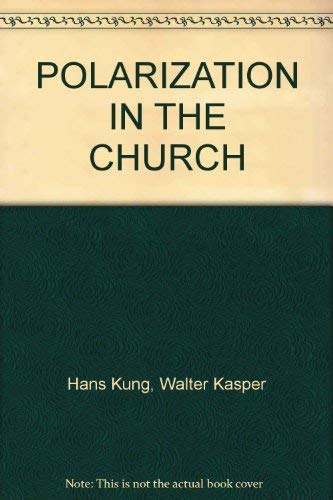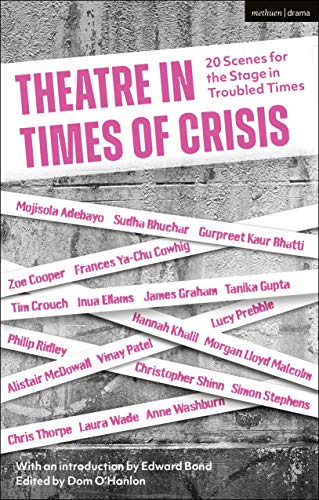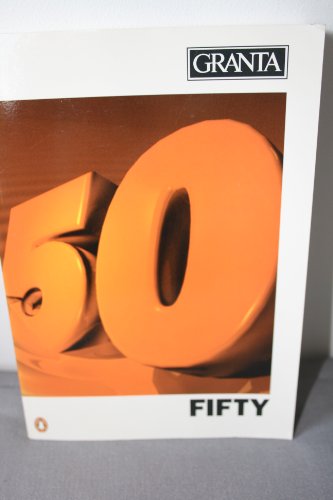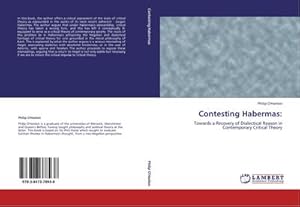Ohanlon Philip (9 results)
FeedbackSearch filters
Product Type
- All Product Types
- Books (9)
- Magazines & Periodicals (No further results match this refinement)
- Comics (No further results match this refinement)
- Sheet Music (No further results match this refinement)
- Art, Prints & Posters (No further results match this refinement)
- Photographs (No further results match this refinement)
- Maps (No further results match this refinement)
- Manuscripts & Paper Collectibles (No further results match this refinement)
Condition
Binding
Collectible Attributes
- First Edition (1)
- Signed (No further results match this refinement)
- Dust Jacket (No further results match this refinement)
- Seller-Supplied Images (3)
- Not Print on Demand (5)
Language (1)
Free Shipping
- Free Shipping to United Kingdom (No further results match this refinement)
Seller Location
Seller Rating
-
Paperback. Condition: Very Good. The book has been read, but is in excellent condition. Pages are intact and not marred by notes or highlighting. The spine remains undamaged.
-
Polarization in the Church:
Published by Herder and Herder, New York, New York, 1973
ISBN 10: 0816425728 ISBN 13: 9780816425723
Language: English
Seller: Andover Books and Antiquities, Andover, MA, U.S.A.
£ 18.91
Convert currency£ 27.76 shipping from U.S.A. to United KingdomQuantity: 1 available
Add to basketHardcover. Condition: Very good condition. 150 pp. Concilium: Religion in the Seventies. Volume 088: [New Series: Volume 8, Number 9]: Ecumenism. LCC: 736435.
-
Theatre in Times of Crisis: 20 Scenes for the Stage in Troubled Times
Seller: Books Puddle, New York, NY, U.S.A.
£ 44.29
Convert currency£ 6.61 shipping from U.S.A. to United KingdomQuantity: 4 available
Add to basketCondition: New.
-
£ 5.29
Convert currency£ 55.09 shipping from U.S.A. to United KingdomQuantity: 1 available
Add to basketPictorial wraps (soft cover). Condition: Fine. 1st edition, 1st printing. The book condition is Fine. Original contributions 0.0.
-
Contesting Habermas:
Published by LAP LAMBERT Academic Publishing Jan 2012, 2012
ISBN 10: 3847378937 ISBN 13: 9783847378938
Language: English
Seller: buchversandmimpf2000, Emtmannsberg, BAYE, Germany
£ 69.40
Convert currency£ 29.85 shipping from Germany to United KingdomQuantity: 2 available
Add to basketTaschenbuch. Condition: Neu. Neuware -In this book, the author offers a critical assessment of the state of critical theory as expounded in the works of its most recent adherent - Jürgen Habermas. The author argues that under Habermas's stewardship, critical theory has taken a wrong turn, and this has left it conceptually ill-equipped to serve as a critical theory of contemporary society. The roots of this problem lie in Habermas's jettisoning the Hegelian and dialectical heritage of critical theory for one grounded in the moral philosophy of Kant. This is explained by what the author argues is a serious misreading of Hegel, associating dialectics with absolutist tendencies, or in the case of Adorno, with aporia and fatalism. The author proceeds to expose these misreadings, arguing that a return to Hegel is not only viable but necessary if we are to return the critical impulse to critical theory.Books on Demand GmbH, Überseering 33, 22297 Hamburg 388 pp. Englisch.
-
Theatre in Times of Crisis: 20 Scenes for the Stage in Troubled Times
Seller: Majestic Books, Hounslow, United Kingdom
Condition: New. Print on Demand.
-
Theatre in Times of Crisis: 20 Scenes for the Stage in Troubled Times
Seller: Biblios, Frankfurt am main, HESSE, Germany
£ 47.92
Convert currency£ 6.78 shipping from Germany to United KingdomQuantity: 4 available
Add to basketCondition: New. PRINT ON DEMAND.
-
Contesting Habermas:
Published by LAP LAMBERT Academic Publishing Jan 2012, 2012
ISBN 10: 3847378937 ISBN 13: 9783847378938
Language: English
Seller: BuchWeltWeit Ludwig Meier e.K., Bergisch Gladbach, Germany
£ 69.40
Convert currency£ 9.38 shipping from Germany to United KingdomQuantity: 2 available
Add to basketTaschenbuch. Condition: Neu. This item is printed on demand - it takes 3-4 days longer - Neuware -In this book, the author offers a critical assessment of the state of critical theory as expounded in the works of its most recent adherent - Jürgen Habermas. The author argues that under Habermas's stewardship, critical theory has taken a wrong turn, and this has left it conceptually ill-equipped to serve as a critical theory of contemporary society. The roots of this problem lie in Habermas's jettisoning the Hegelian and dialectical heritage of critical theory for one grounded in the moral philosophy of Kant. This is explained by what the author argues is a serious misreading of Hegel, associating dialectics with absolutist tendencies, or in the case of Adorno, with aporia and fatalism. The author proceeds to expose these misreadings, arguing that a return to Hegel is not only viable but necessary if we are to return the critical impulse to critical theory. 388 pp. Englisch.
-
Contesting Habermas: : Towards a Recovery of Dialectical Reason in Contemporary Critical Theory
Published by LAP LAMBERT Academic Publishing, 2012
ISBN 10: 3847378937 ISBN 13: 9783847378938
Language: English
Seller: AHA-BUCH GmbH, Einbeck, Germany
£ 69.40
Convert currency£ 11.93 shipping from Germany to United KingdomQuantity: 1 available
Add to basketTaschenbuch. Condition: Neu. nach der Bestellung gedruckt Neuware - Printed after ordering - In this book, the author offers a critical assessment of the state of critical theory as expounded in the works of its most recent adherent - Jürgen Habermas. The author argues that under Habermas's stewardship, critical theory has taken a wrong turn, and this has left it conceptually ill-equipped to serve as a critical theory of contemporary society. The roots of this problem lie in Habermas's jettisoning the Hegelian and dialectical heritage of critical theory for one grounded in the moral philosophy of Kant. This is explained by what the author argues is a serious misreading of Hegel, associating dialectics with absolutist tendencies, or in the case of Adorno, with aporia and fatalism. The author proceeds to expose these misreadings, arguing that a return to Hegel is not only viable but necessary if we are to return the critical impulse to critical theory.








